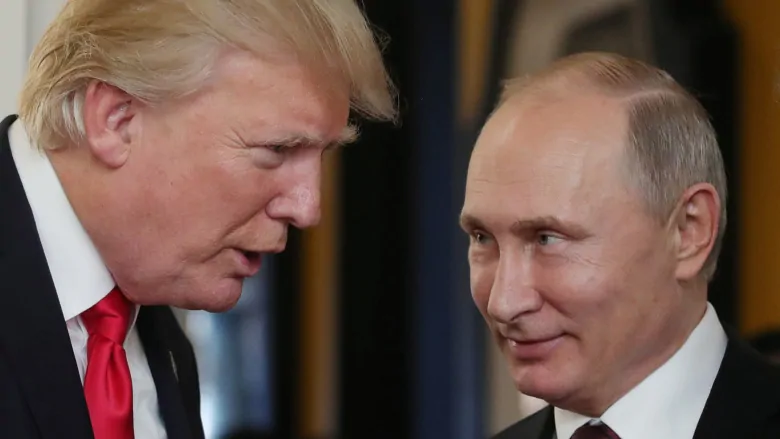Washington’s pending withdrawal from a confidence-building international treaty that permits member nations to conduct observation flights over each other’s territory is going to present Canada with a difficult strategic challenge, according to one Canadian defence expert.

Washington’s pending withdrawal from a confidence-building international treaty that permits member nations to conduct observation flights over each other’s territory is going to present Canada with a difficult strategic challenge, according to one Canadian defence expert.
Rob Huebert, who teaches political science at the University of Calgary, said the Trudeau government could be faced with an awkward choice between sticking to Canada’s decades-long policy of supporting international arms control treaties and running the risk of looking “like a toady to the United States” by following Washington’s lead and withdrawing from the Open Skies Treaty.
Huebert said the treaty, which was signed in 1992 and came into effect in 2002, permits each of the 34 treaty members to conduct short-notice, unarmed reconnaissance flights over the entire territories of other treaty members to collect data on military forces and activities.
Canada is one of the original signatories to the treaty, which gives it the right to conduct two reconnaissance flights a year over Russia — and the obligation to allow two Russian flights over Canadian territory annually.
“It’s a form of verification. You don’t have to necessarily like someone or trust someone, but you can see for yourself if they’re doing what they say they’re going to do,” Huebert said.
Claiming that Russia is violating the pact, the Trump administration informed other members of the trea

